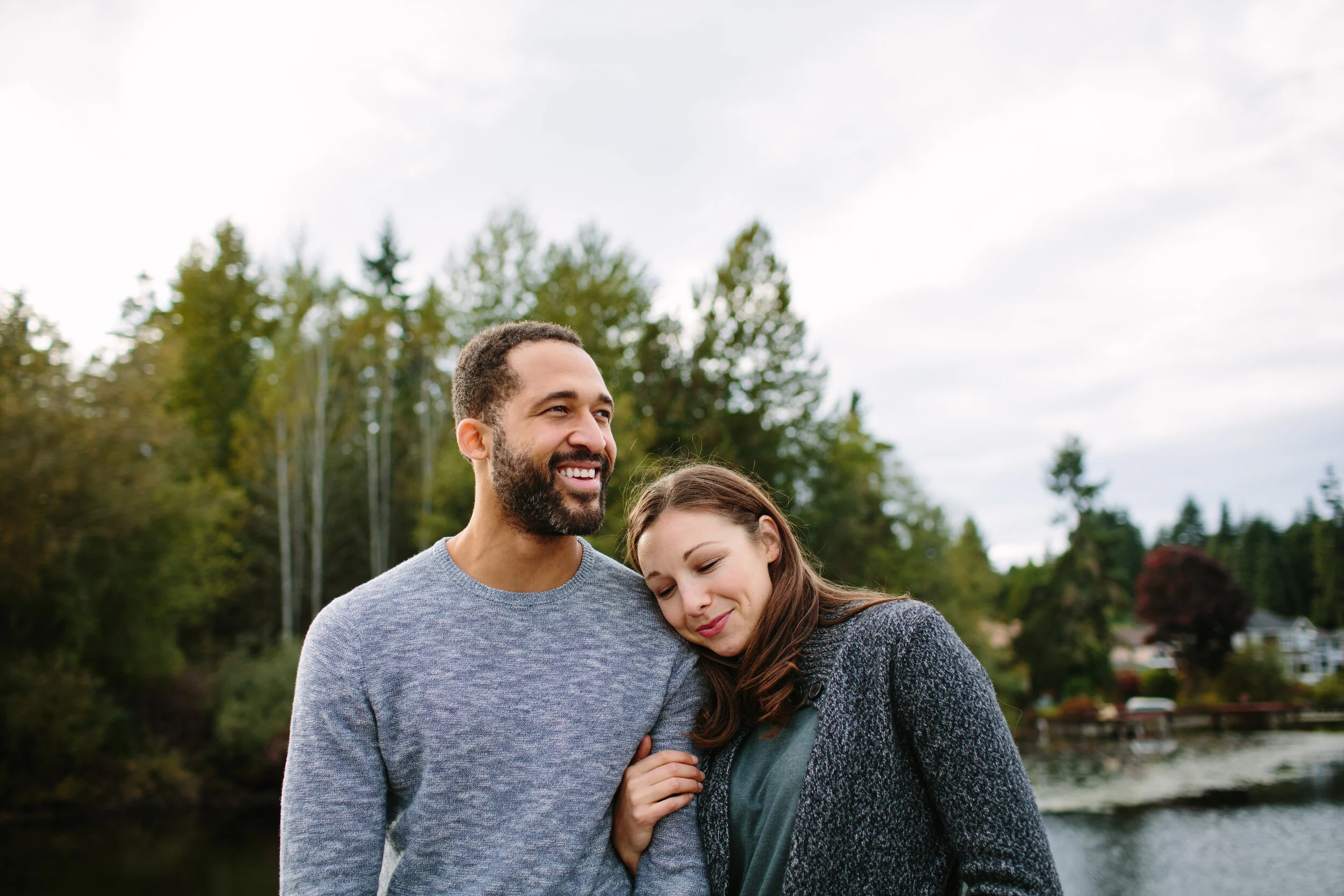You scroll down Google search results, trying to find someone you feel comfortable opening up to about your relationship. You type in “Marriage Counseling Fargo ND” and a list of websites come up. Most of them list “couples” on a long list of various areas they work in, like anxiety, depression, children, and ADD (the list goes on). Where do you go? Whom do you trust? What do you look for when trying to find a qualified relationship counselor?
There are two dangers for couples (and individuals) looking for counseling regarding their relationship:
Finding an individually trained counselor who is incompetent in working with couples
Finding a counselor whose individualistic value orientation leads them to undermine your marital commitment
In this blog, I will focus on how you can find a competent couples counselor.
1. Find a counselor trained to work with couples and is ACTIVELY seeking out couples TRAINING
You likely assume all counselors are trained to work with couples. Most counselors are not trained to work with couples. While 80% of counselors are seeing couples, only 12% are actually trained to work with couples. What we know from the research is that if you work with a counselor who is not trained in couples counseling, it will do more damage to your relationship than if you never went to counseling at all. To know if a potential counselor is trained in couples counseling you need to look for some specific information and ask important questions.
The first place to look for their training background is their graduate education. The only educational training programs that guarantees a counselor has had training in couples counseling are accredited marriage and family therapy programs. The accreditation standards require that these counselors see a number of couples before they graduate. Does the counselor have an LMFT (Licensed Marriage and Family Therapist) behind their name? If they do, their licensure process requires that they have worked with couples. While this doesn’t guarantee the counselor is trained and competent to work with couples, it a good place to start.
2. Find a counselor who has experience working with couples
Most counselors learn to do couples counseling after they are licensed. Some counselors attend a workshop here or there. Others learn by trial and error. Going to a workshop on couples counseling doesn’t make one prepared or qualified to work with couples. Most counselors have never had someone observe or critique their couples work. Ask a potential counselor questions.
Some questions to ask a potential counselor may be:
What percentage of your practice is couples counseling?
How long have you been practicing couples counseling?
How often do you go to training on couples counseling?
Could you tell me about the continuing education you have gone to in the last 3 years regarding couples counseling?
Are you involved in any organizations, groups, or supervision specific to couples and relationships?
What types of supervision have you received (are you receiving) in couples counseling?
3. Find a counselor who practices a specific model of couples counseling
There are a number of specific training models in couples counseling. These models include: Relational Life Therapy, Emotionally Focused Therapy (EFT), Gottman Method Couples Therapy, Internal Family Systems, Developmental Model of Couples Therapy, IMAGO Relationship Therapy, and the Psychobiological Approach to Couples Therapy. These are all respected models of couples counseling, yet one can complete some or most of these trainings online. This does not ensure they are skilled in working with couples. For example, some counselors have completed online training and have just started doing couples counseling. Some know of specific models and may have read a book about a model of couples counseling, but haven’t practiced or had their work critiqued. In addition to finding a counselor with specific couples training, find a counselor who has had direct supervision (by highly qualified couples counselors) in couples counseling. Also, look for certifications in couples counseling models.
4. Find a counselor who dedicates their career to couples and relationships
Some counselors were “given” couples to work with because it was a need in a group practice, but it hasn’t been their clinical interest. Other counselors will see couples but may have a greater passion and interest in other clinical areas. Look for practices that are dedicated to couples work. In these practices, you will find that the vast majority of training and interest is in relationship issues. If it is a group practice, you will often find that these clinicians are supportive of each other and help each other grow in their couples clinical work.
5. Go with your gut
Lastly, after you have had a conversation with a counselor you are interested in about who they are and what their background is and it feels as if it may be a good fit, schedule the appointment and meet with them. In the first session, you want them to give you insight into what they see happening in your relationship and a plan for how these areas will be addressed in the following sessions. If you feel good about their approach, stick with it. If it doesn’t feel very useful, keep looking. Each counselor has a different personality and a different approach to counseling. Even “the best” counselors aren’t the right fit for everyone.
I hope you found this information helpful as you begin the journey finding the right person to help your relationship. In the next blog, I will address a very important, yet not often discussed issue when finding a couples counselor - how to find a counselor who supports marital commitment.
If you are interested in setting up an appointment or learning more about how I may be able to help your situation, please call 701-478-4144.

